Rawadari’s work aims to expand the human rights community of Afghanistan with new constituencies and allies inside and outside the country.
Rawadari is an Afghan human rights organisation that aims to deepen and grow the human rights culture of Afghanistan, ultimately reducing the suffering of all Afghans, especially women and girls.
Rawadari helps build an Afghan human rights movement, monitors human rights violations, and pursues justice and accountability for violations. Rawadari works with individuals and collectives inside and outside Afghanistan
Rawadari’s work aims to expand the human rights community of Afghanistan with new constituencies and allies inside and outside the country.
Rawadari provides reliable and timely information on human rights violations in Afghanistan with a focus of violations of the rights of women and girls and marginalized groups.
Rawadari aims to employ all viable mechanisms for judicial and non-judicial accountability to combat the entrenched culture of impunity for violations committed in Afghanistan.
Provide regular and timely public information on human rights violations taking place in Afghanistan.
Deepen and grow support for human rights inside and outside Afghanistan by utilising a range of new and traditional mediums, including culture and arts.
Build and strengthen alliances to advance human rights in Afghanistan within the region and with other Muslim majority countries.
Advocate with international and regional actors to protect human rights in Afghanistan. Engage with international human rights mechanisms to advance human rights in Afghanistan.
Demand the deployment of all mechanisms forjudicial and nonjudicial accountability to confront the entrenched culture of impunity for human rights violations committed in Afghanistan.
Contribute to global human rights discourse from the unique perspective of Afghanistan.
We take a victim and survivor-centred approach in all our work. We ensure confidentiality and privacy in our work, especially with regard to the information and stories shared with us.
We assess the possible impact and implications of our publications on victims, survivors, sources, and colleagues. Mindful of challenges, we publish with sensitivity.
We pro-actively strengthen our relationships with Afghans inside and outside Afghanistan. We reach out to find new allies and supporters and build collaborative partnerships.
We continuously question and assess the added value and impact of our work for victims, survivors, and our collectives. We are flexible and agile and will adapt to meet their needs.
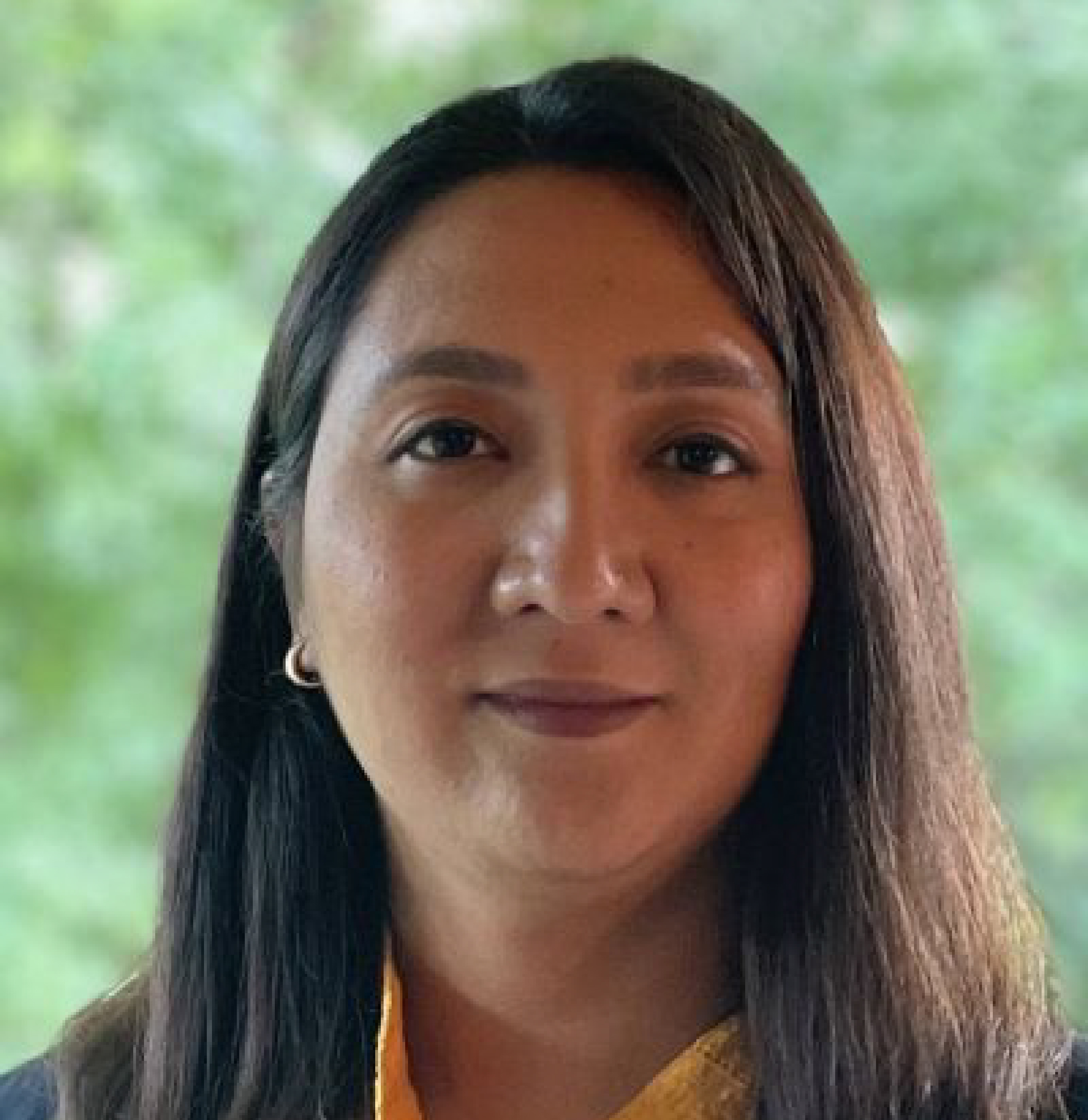
Naheed Sarabi is a visiting fellow at the Center for Sustainable Development housed within the Global Economy and Development program at the Brookings Instit...
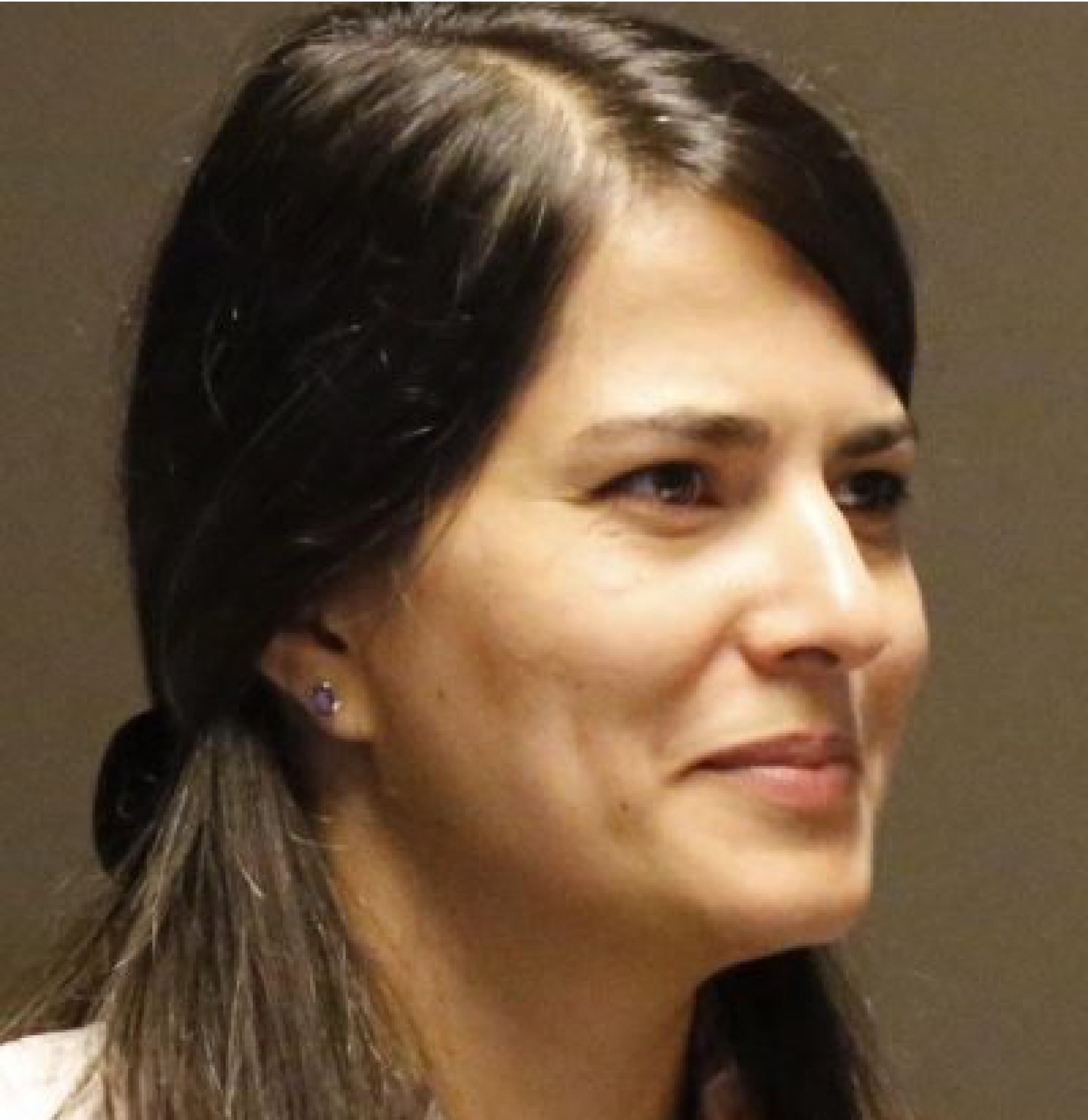
Huma Saeed is a researcher with international human rights organizations. Huma is also affiliated as a senior researcher at the University of Leuven, Belgium...

Rachel Reid is a human rights expert, artist and activist. Rachel is currently leading a war crimes investigation for The Docket, part of the Clooney Justice...
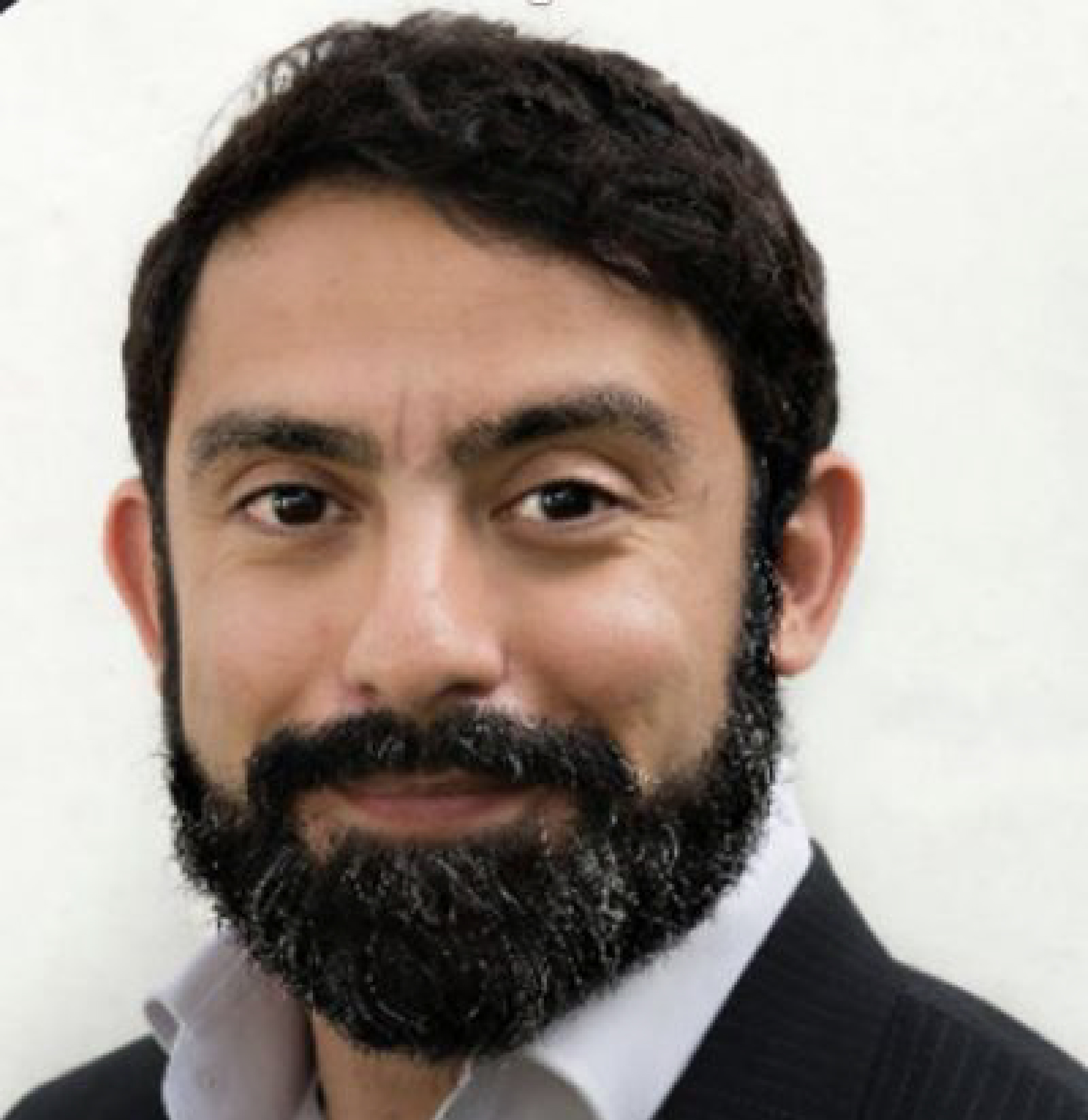
Siavash Rahbari is a rule of law development professional who has worked on legal aid and legal education with The Asia Foundation and provided technica...
Bios of most staff members are not included due to security concerns.
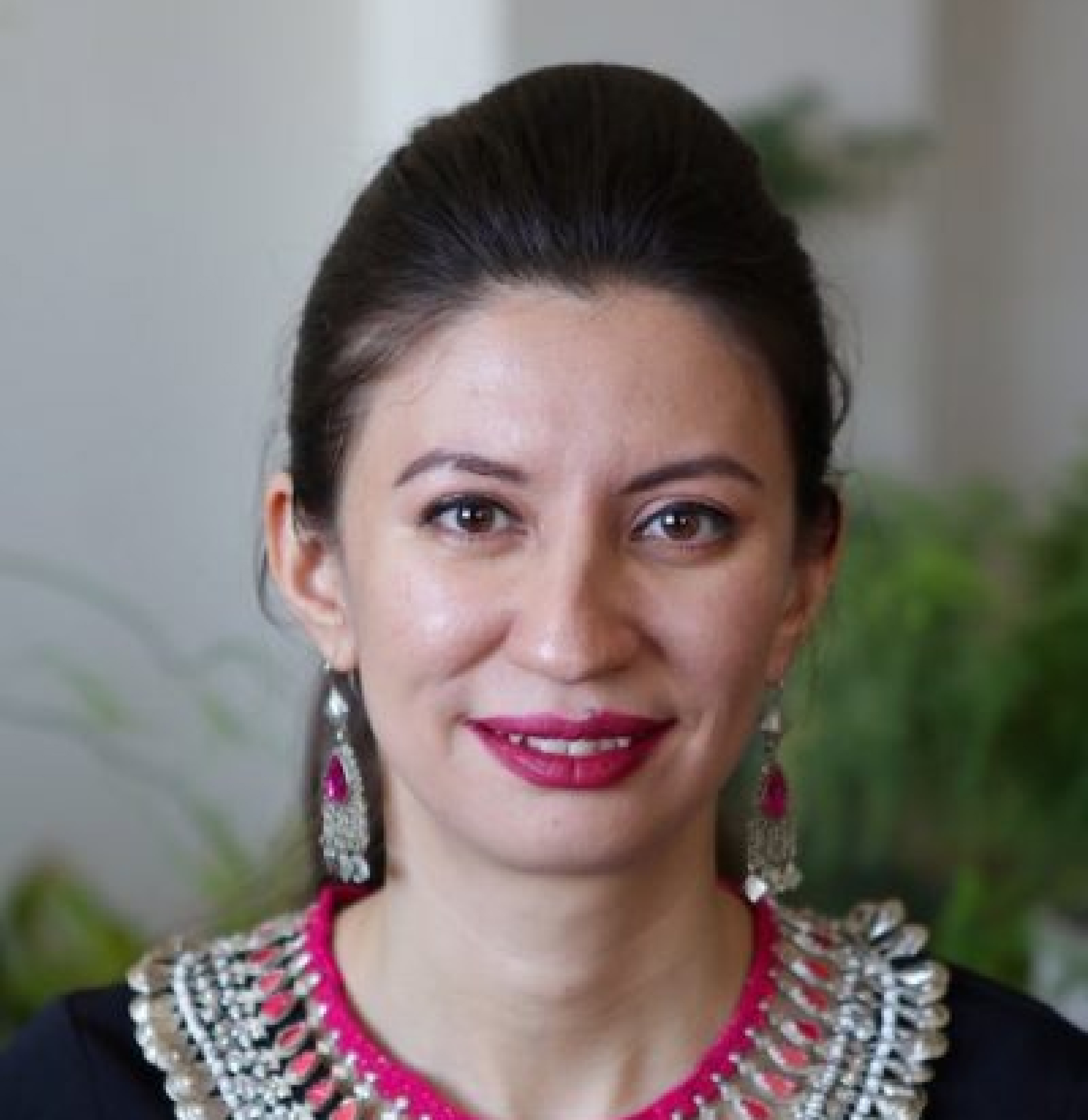
Shaharzad Akbar is a human rights activist from Afghanistan, currently in exile, and an Academy Fellow with Chatham House and a Visiting Scholar at Wolfson C...
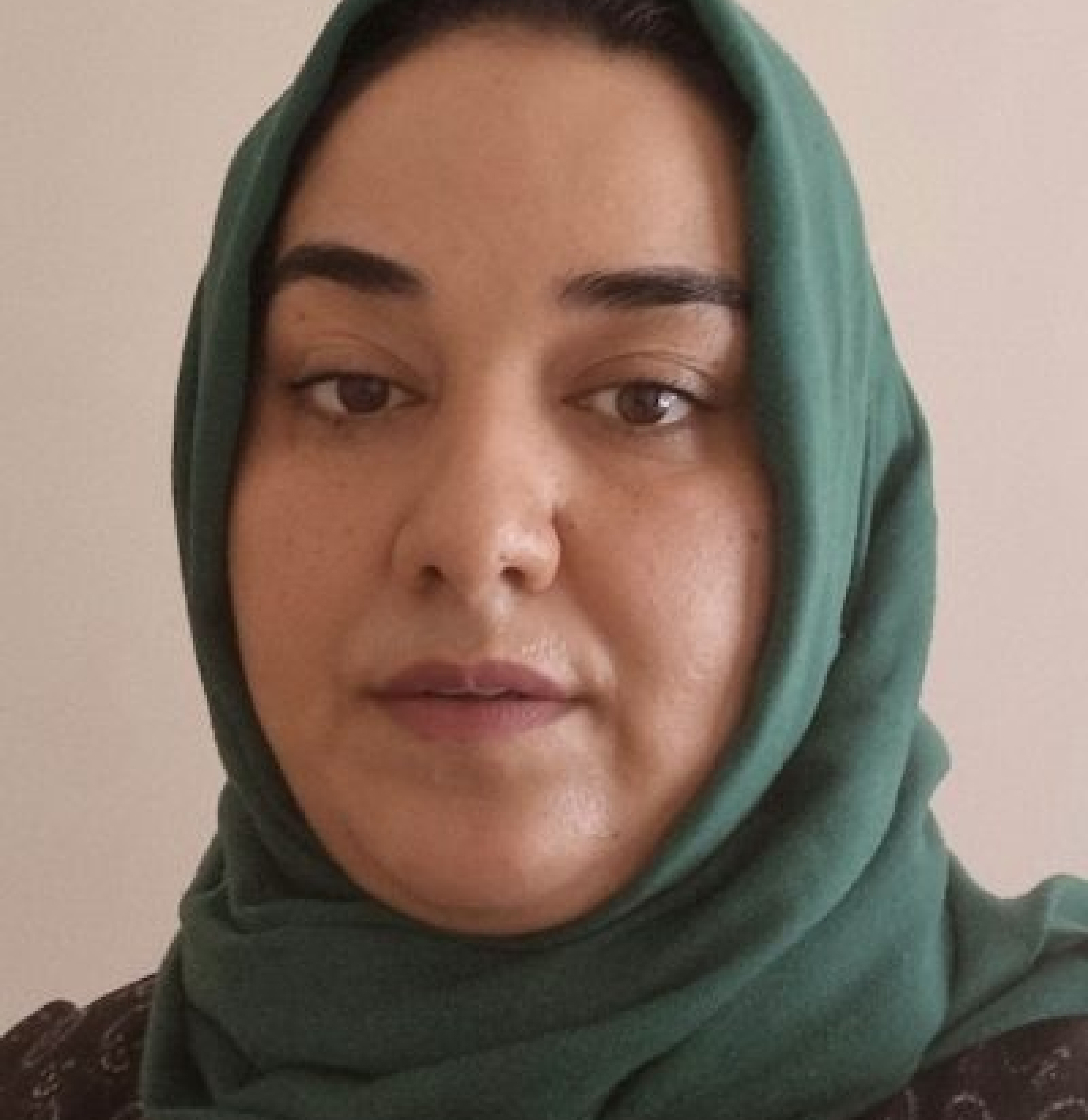
Ms. Sadaf is the Deputy Director for Rawadari. She has been a former Diplomat and has served as a Commercial Counselor at the Afghanistan Embassy in Brussels...
All content published on this website is developed by Rawadari and does not necessarily reflect the views of the donors.
Please download Rawadari’s logo in different format